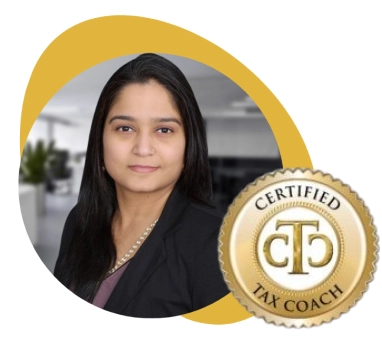
As the end of the year approaches, businesses have a crucial opportunity to implement year-end tax planning strategies that maximize deductions and improve financial efficiency. Proper preparation can make a significant difference in reducing taxable income and positioning a business for a strong start in the new year. By working with a tax consultant in San Francisco and maintaining accurate bookkeeping and accounting, business owners can take advantage of available deductions before the tax deadline.
Review Expenses and Accelerate Deductions:
One of the most effective strategies for year-end tax planning is reviewing expenses and determining whether certain costs can be paid before the year ends. Businesses that anticipate a high tax liability may benefit from prepaying expenses such as rent, utilities, or office supplies. Investing in necessary equipment or technology upgrades before December 31 can also allow for depreciation deductions, lowering taxable income. Consulting with a certified tax planner can help determine which expenses qualify for immediate deductions.
Optimize Business Tax Filing with Strategic Planning:
The way a business handles its business tax filing can impact its overall tax burden. Reviewing tax structures and considering adjustments, such as deferring income or accelerating deductions, can help optimize tax savings. Additionally, business owners should examine any potential tax credits they qualify for, including energy-efficient investments or research and development incentives. A tax advisor in San Francisco can offer insights into these opportunities and ensure compliance with the latest tax regulations.
Leverage Retirement Contributions for Additional Savings:
Maximizing contributions to retirement plans is another essential year-end tax planning strategy. Contributions to 401(k) plans, SEP IRAs, or other retirement accounts can reduce taxable income while helping business owners and employees secure their financial future. If feasible, increasing contributions before the year ends can provide significant tax advantages. A professional accountant can help evaluate the best approach based on a business’s financial position.
Stay on Top of Record-Keeping and Compliance:
Accurate bookkeeping and accounting are fundamental to a successful tax strategy. Ensuring that all financial records are up to date, including receipts, invoices, and payroll reports, can help streamline tax preparation and reduce the risk of errors. A professional tax accountant in San Francisco can assist in reconciling accounts and preparing for a smooth tax season.

Plan Ahead for a Strong Financial Future:
Effective year-end tax planning not only minimizes tax burdens but also sets the stage for financial stability in the upcoming year. Nidhi Jain CPA, in San Francisco, helps in reviewing expenses, optimizing tax filings, maximizing deductions, and maintaining accurate records which help businesses make informed decisions and stay compliant with tax laws.
For more tax insights and strategies, explore our blog and stay informed about the latest tax planning updates.





